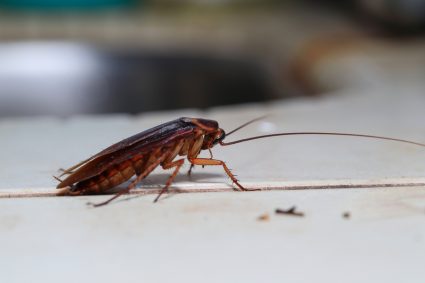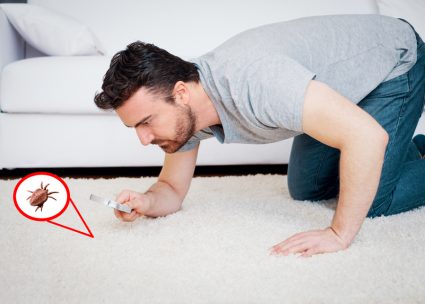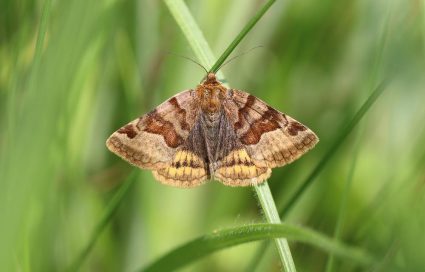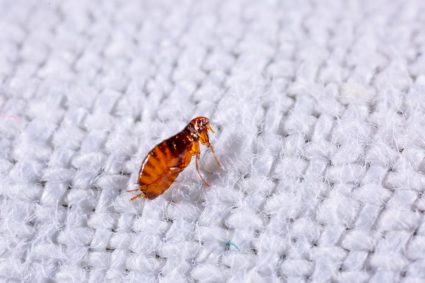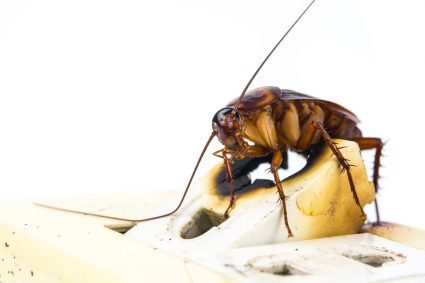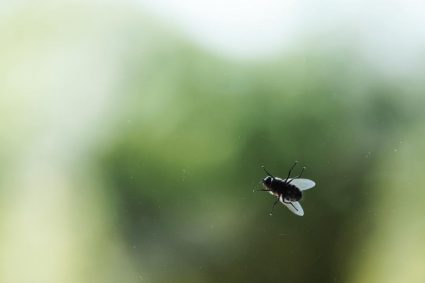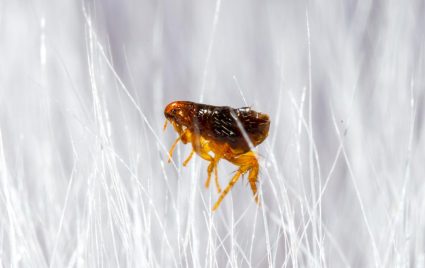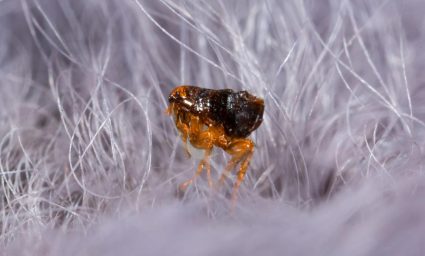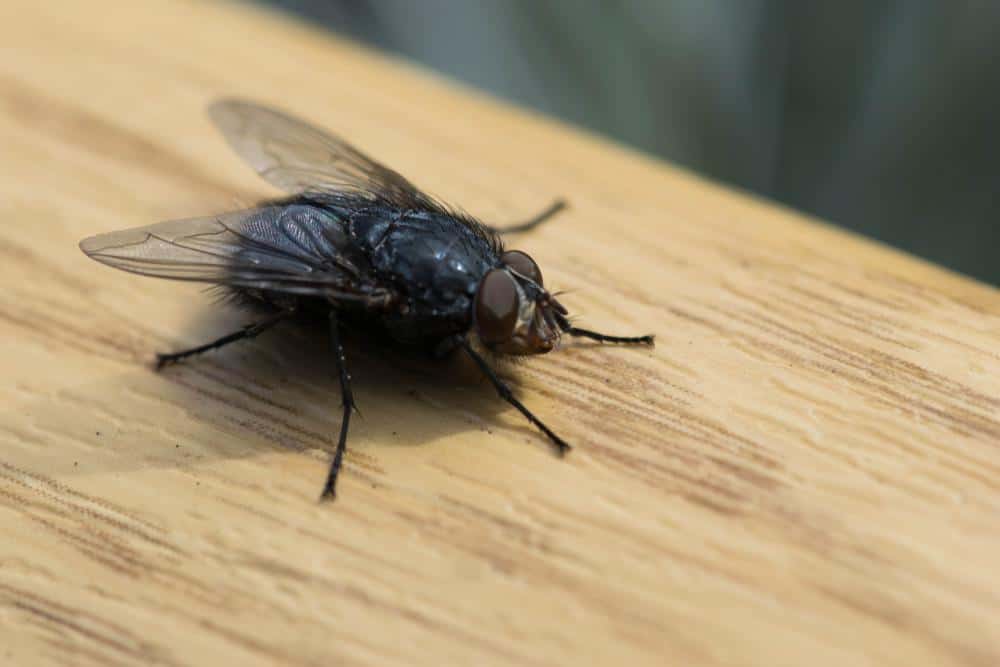
Horse flies, with their painful bites and annoying buzzing, are an unwelcome guest in any home. Understanding how these insects find their way into our living spaces and what attracts them can be the key to preventing an infestation. In this comprehensive guide, we’ll explore the nature of horse flies, how they enter homes, what attracts them, and how to effectively prevent and eliminate them.
Horse flies typically enter homes through open doors and windows, lured by light or the presence of humans and animals. They are attracted to motion, carbon dioxide, heat, shiny objects, and moisture. Therefore, standing water on your property or overgrown gardens can increase the likelihood of a horse fly infestation. They are most active and likely to invade homes during the warmer months, from late spring through September.
What are Horse Flies?
Horse flies are large, bloodsucking insects belonging to the family Tabanidae. They are typically 10 to 30 millimeters long and have a gray or blackish body. These flies have large, green or purple eyes with horizontal stripes and short antennae. Their wings usually lack dark areas, but some species have entirely dark wings.
Female horse flies require a blood meal before they can reproduce effectively. Their bites can be quite painful because their mouthparts are used for tearing and lapping. Males, on the other hand, feed on nectar and do not consume blood.
How Do Horse Flies Enter Homes?
Horse flies usually enter residential properties through open doors and windows, attracted by light or the presence of humans and animals. They are primarily outdoor flies and are more active during the day. Horse flies are attracted to motion, carbon dioxide, heat, and shiny objects. They are also drawn to moist areas, so standing water on your property can increase the likelihood of infestation.
What Attracts Horse Flies to Homes?
Several factors can attract horse flies to homes, including:
- Movement, shiny surfaces, carbon dioxide, and warmth.
- Presence of animal feces, as horse flies are attracted to them.
- Decaying matter, such as rotting food in garbage disposals or garbage cans.
- Moisture and humidity, which are common in overgrown gardens or rotting fruit trees.
- Light sources, as horse flies are attracted to light.
When are Horse Flies Most Likely to Invade Homes?
Horse flies are most likely to invade homes during their active season, which typically starts in late spring and lasts through the warmer months of the year. They are most active from May through September. Horse flies thrive in cool, moist areas like streams, marshes, and forests. They are attracted to light and will sometimes congregate at windows.
Health Risks Associated with Horse Flies
Horse flies in the home can pose health risks due to their painful bites and potential to cause allergic reactions in some individuals. When a horse fly bites, it tears the skin, causing pain, swelling, redness, and itchiness. In some cases, people may experience more severe symptoms such as dizziness, wheezing, and swelling around the eyes and lips due to an allergic reaction.
How to Prevent Horse Flies from Entering the Home
To prevent horse flies from entering your home, you can use a combination of methods to deter them from your property and keep them away from your living spaces. Here are some effective methods:
- Remove standing water.
- Use citronella candles.
- Install screens on windows and doors.
- Use essential oils.
- Set up fly traps.
- Maintain proper sanitation.
- Use insect repellents.
How to Eliminate Horse Flies
To safely eliminate horse flies that have infested your home, you can use a combination of natural remedies, traps, and repellents. Here are some methods to help you get rid of horse flies:
- Create homemade traps.
- Use essential oils.
- Commercial insecticide sprays.
- Maintain a clean environment.
- Use fly traps.
- Apply repellents to animals.
Remember to always follow the instructions on any commercial products and consult a professional if you have concerns or need further assistance. With these tips and tricks, you can keep your home horse fly-free and enjoy a peaceful, bite-free environment.
Frequently Asked Questions
What are some natural repellents for horse flies?
Some natural repellents for horse flies include essential oils like eucalyptus, citronella, and peppermint. Using these oils in a diffuser or as a spray can deter horse flies.
How do homemade traps for horse flies work?
Homemade traps for horse flies usually involve using a shiny object to attract the flies and a sticky substance to trap them. One common method is to cover a large, black ball in a sticky substance and hang it where horse flies are present.
What is the lifespan of a horse fly?
The lifespan of a horse fly typically ranges from a few days to a couple of weeks. However, their larvae can survive for up to a year in moist environments.
Can horse flies transmit diseases?
While horse flies are known for their painful bites, they are not typically vectors of diseases to humans. However, they can transmit diseases among livestock and other animals.
What time of day are horse flies most active?
Horse flies are diurnal, meaning they are most active during the day. They are particularly active in warm, sunny conditions.
Why are horse flies attracted to light?
Like many insects, horse flies are attracted to light because they use it as a navigational aid. They are drawn to bright, artificial lights, which can lead them into homes.

